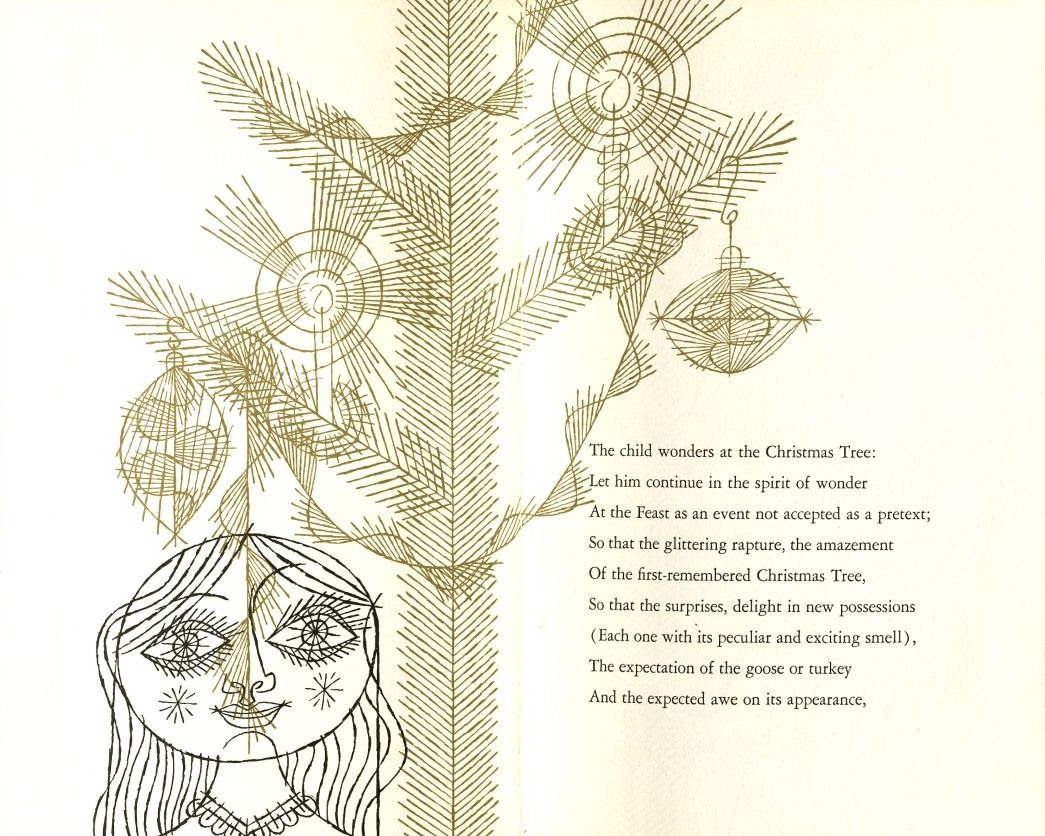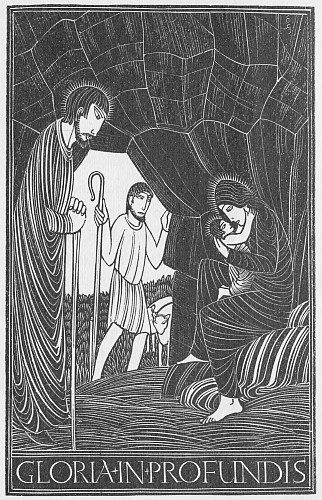
 Gilbert Keith Chesterton has become rather blasé in Evangelical culture. It’s no longer fashionable to spout Chesterton quotes, as myriad books like “The Quotable Chesterton” (eclipsed only by the coveted “More Quotable Chesterton”) and other anthologies make pinpointing the perfect Chesterton quote for the situation all but trivial. And thus Chesterton (along with Lewis, who enjoys his own share of “Quotables”) are shunned in favor of more obscure Christian authors in an effort to seem like we put a semblance of effort into anything at all.
Gilbert Keith Chesterton has become rather blasé in Evangelical culture. It’s no longer fashionable to spout Chesterton quotes, as myriad books like “The Quotable Chesterton” (eclipsed only by the coveted “More Quotable Chesterton”) and other anthologies make pinpointing the perfect Chesterton quote for the situation all but trivial. And thus Chesterton (along with Lewis, who enjoys his own share of “Quotables”) are shunned in favor of more obscure Christian authors in an effort to seem like we put a semblance of effort into anything at all.
Some know that Chesterton was not merely the author of a few memorable books chock full of “quotable quotes” but that he was also a poet, and a prolific one at that. Timeless lines like “And all these things are less than dust to me / Because my name is Lazarus and I live,” or “Fools! For I also had my hour; / One far fierce hour and sweet: / There was a shout about my ears, / And palms before my feet,” persist in the Christian imagination as provocative illustrations of the intersection of faith and reality.
What many people don’t know, however, is that Chesterton intermittently participated in an obscure poetry pamphlet series piloted by Richard de la Mare, future director of publishing house Faber & Faber. This Christmas-themed series ran seasonally from 1927 to 1931 and boasts contributions from numerous poetic heavyweights, including Yeats, Sitwell, and T. S. Eliot (whose remarkable 9-page, 34-line final pamphlet “The Cultivation of Christmas Trees” goes for a relatively nominal $80).

Each pamphlet included a poem and woodcut illustration and was delivered annually to clients as a sort of bougie Christmas card or sold to the public for a shilling. Chesterton himself wrote three poems for the series, including “Ubi Ecclesia” (“Whence the Church”) and “The Grave of Arthur.” However, it was his first submission, “Gloria in Profundis” (“Glory in the Lowest”), that caught me by surprise on a warm July morning. (A print copy of this poem will set you back roughly $120 a page, for a grand total of 6 pages — free shipping, though!)
Attentive readers will note that the Latin “profundis” is etymologically related to the word “profound”; for something to be profound, therefore, is for it to arise out of “the lowest depths.” What then could be more profound than the material arrival of a God “too great for the sky” in a dank cave or derelict barn in little Bethlehem? Chesterton reminds us in these verses that this out-of-the-depths miracle is not constrained to a month or two of the calendar, either. For him, Christmas comes year-round — a God whose glory is in the lowest lies in a manger in the middle of July.
There has fallen on earth for a token
A god too great for the sky.
He has burst out of all things and broken
The bounds of eternity:
Into time and the terminal land
He has strayed like a thief or a lover,
For the wine of the world brims over,
Its splendour is split on the sand.Who is proud when the heavens are humble,
Who mounts if the mountains fall,
If the fixed stars topple and tumble
And a deluge of love drowns all–
Who rears up his head for a crown,
Who holds up his will for a warrant,
Who strives with the starry torrent,
When all that is good goes down?For in dread of such falling and failing
The fallen angels fell
Inverted in insolence, scaling
The hanging mountain of hell:
But unmeasured of plummet and rod
Too deep for their sight to scan,
Outrushing the fall of man
Is the height of the fall of God.Glory to God in the Lowest
The spout of the stars in spate–
Where thunderbolt thinks to be slowest
And the lightning fears to be late:
As men dive for sunken gem
Pursuing, we hunt and hound it,
The fallen star has found it
In the cavern of Bethlehem.
Outrushing the fall of man / Is the height of the fall of God. Talk about a quotable quote. Glory to God in the lowest for G. K. Chesterton!

COMMENTS
One response to “G. K. Chesterton Presents: Christmas in July”
Leave a Reply














Nice. Thank you.